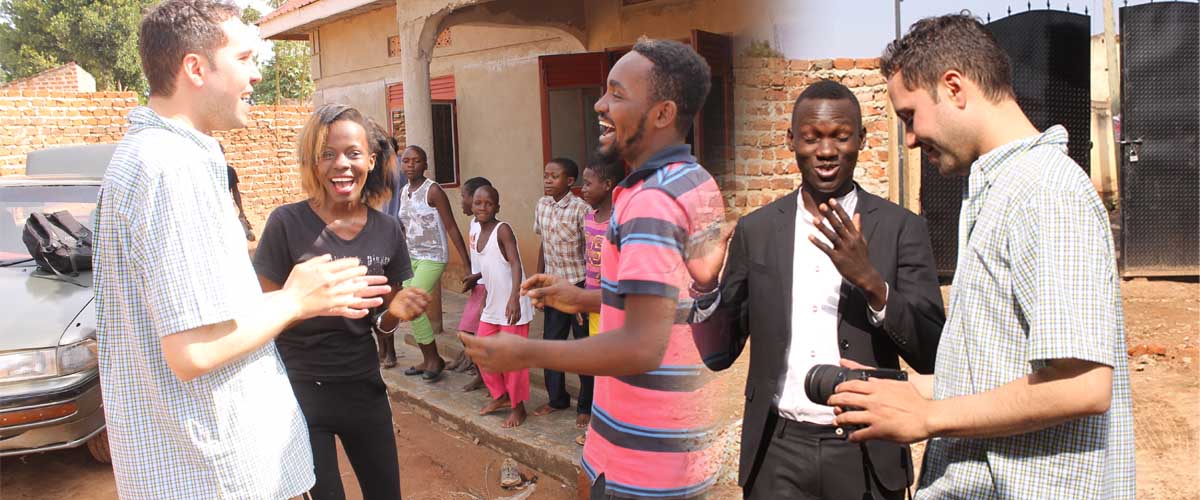In Matthew 5:16 it says “in the same way, let your light shine before people, so they can see good things you do and praise your Father who is in heaven.” A financial specialist refers to a person responsible for the financial management in the organization, or business. There is a lot in volunteering as a financial specialist in a Non-governmental organization you are to focus on promoting collaborative processes, client-focused, quality, and results-oriented approaches in an organization where he or she is volunteering. Volunteers will give advice and support the projects in an organization.
The people who volunteer as financial specialists have to have some qualifications. People who take up this program have a degree in finance, accounting, economics, finance, and public administration.
The financial specialist will do the activities below when you choose to volunteer.
Volunteering as a financial specialist you are to manage projects of the organization through financial analysis. And oversight of all the resources used on the project. This is to ensure proper managing and monitoring of resources in an organization.
The financial specialist will carry out proper planning, tracking expenditure of financial resources basing on the rules and regulations of an organization. This is to help the organization spend on the required activities to ensure growth and development in organization.
The volunteer will track and report to the management on the key financial performance indicators in an organization. This will help managers know where they have reached the set goals.
The volunteer will also set up or establish financial procedures in place. For example receipts, payments, disbursements and bookkeeping, filing procedures for the project. This helps one to keep track of how much was spent on what project and how the money was managed.
Volunteering as a financial specialist you are to ensure that all the financial procedures are in place. And comply with the financial or accounting and procurement requirements of the organization. This helps to create a connection between the financial procedures used in an organization.
The volunteer will continuously analyze and monitor the forecast presentation for projects and also the financial situation in an organization. In addition, the volunteer will also oversee the transparency of the financial processes and find out how the use of funds and the compliance with the organization’s financial guidelines.
The volunteer will carry out routine monitoring of the financial exception reports for unusual activities, transitions. Also, the volunteer will inform supervisors of the results got from the investigation with satisfactory answers obtained.
The volunteer will manage all financial resources through preparing and monitoring project budgets develop proper mechanisms to eliminate deficiencies in budget management. In addition, the volunteer should ensure that the payment information is recorded properly into the system timely.
The volunteer has to ensure proper project cash management and focusing on achieving timely review of cash position for projects and preparation of monthly cash flow to ensure that sufficient funds are provided.
The financial specialist has to ensure the capacity development of the organization. That’s to say advising and assisting with proper financial management, training of staff members on financial management, and implementation in projects. The volunteer will also help in reviewing submitted financial documents and provide feedback before processing payments.
To sum it up, volunteering as a financial specialist in any organization is of a good advantage as you can learn new skills; it helps you grow a career, helps in networking as you can grow personal and professional relationships. It also helps a volunteer to gain experience in any career as you can further your knowledge and experience. So come find a volunteer program that you would love with volunteering in Uganda.











